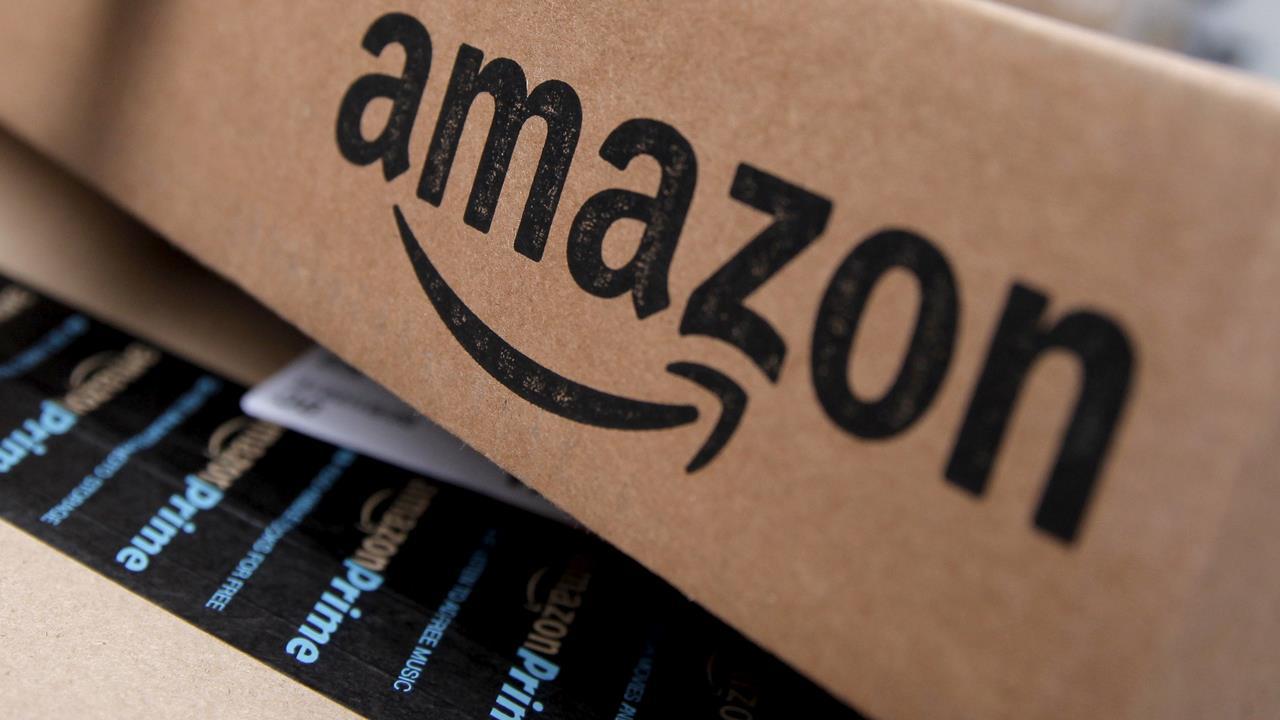Amazon adds another business worth $10 billion per year
It seems there isn't a market that Amazon.com (NASDAQ: AMZN) won't enter, given a large enough opportunity. The onetime bookseller turned e-commerce titan already dominates online sales and cloud computing, and continues to search for other industries to disrupt. Amazon CEO Jeff Bezos has famously said, "Your margin is my opportunity."
While investors weren't looking, Amazon has quietly built another business, currently worth $10 billion a year. Though not as eye-catching as the company's other segments, its business-to-business (B2B) commerce platform, known as Amazon Business, has become one of its fastest growing segments.
The opportunity is massive
Amazon's newest market is a monster. B2B e-commerce sales are projected to top $9 trillion this year in the U.S. alone, according to Forrester Research. While figures for the global opportunity are difficult to come by, the U.S. total illustrates the significant opportunity that Amazon is chasing.
In a blog post earlier this week, Amazon revealed that its B2B commerce platform has crested $10 billion in annual sales, and it cited a laundry list of institutions enabling that impressive benchmark:
- 80% of the 100 largest-enrollment education organizations.
- 55 of the Fortune 100 companies.
- More than half the 100 biggest hospital systems.
- More than 40% of the 100 most-populous communities' local governments.
Amazon reflected on some of the factors that allowed it to grow its business portal into a $10 billion segment in less than four years -- one that includes hundreds of thousands of business sellers globally that transact on its site. The platform serves millions of businesses worldwide, from mom-and-pop shops to large enterprises.
Amazon cited its international expansion as a contributor to its B2B growth, as its recent entry into France, Italy, and Spain brings the total number of countries served by Amazon Business to eight. The growing number of third-party sellers has also provided a boost, the company says, making up more than 50% of its $10 billion in global sales.
Amazon Business launched in 2015, and sells a wide variety of products, including office supplies, janitorial products, laboratory supplies, and break-room snacks. The platform allows companies to create multi-user accounts and customized approval processes, and can integrate with procurement application software.
Accelerating growth
A surprising takeaway is the speed at which this business has grown. Amazon's consumer business took seven years to expand from $1 billion in sales to $10 billion, and Amazon Web Services (AWS) topped $10 billion in sales 10 years after its debut, according to CNBC. Amazon Business hit $10 billion less than four years after its launch, marking the fastest that an Amazon segment has reached this lofty milestone.
The magnitude of this opportunity is significant. In a note to clients, Robert W. Baird analyst Colin Sebastian said, "We believe Amazon B2B over the very long-term has the potential to surpass the size of the core [business to consumer] segment, and remains an under-appreciated opportunity by many investors." Sebastian said he believes that Amazon Business could top $25 billion in annual sales by 2021.
It looks as if Amazon will likely add B2B to the growing list of businesses that the company already disrupts.
10 stocks we like better than Amazon When investing geniuses David and Tom Gardner have a stock tip, it can pay to listen. After all, the newsletter they have run for over a decade, Motley Fool Stock Advisor, has quadrupled the market.*
David and Tom just revealed what they believe are the 10 best stocks for investors to buy right now... and Amazon wasn't one of them! That's right -- they think these 10 stocks are even better buys.
Click here to learn about these picks!
*Stock Advisor returns as of August 6, 2018
John Mackey, CEO of Whole Foods Market, an Amazon subsidiary, is a member of The Motley Fool's board of directors. Danny Vena owns shares of Amazon. The Motley Fool owns shares of and recommends Amazon. The Motley Fool has a disclosure policy.




















